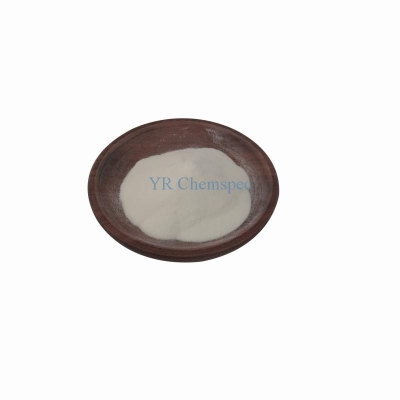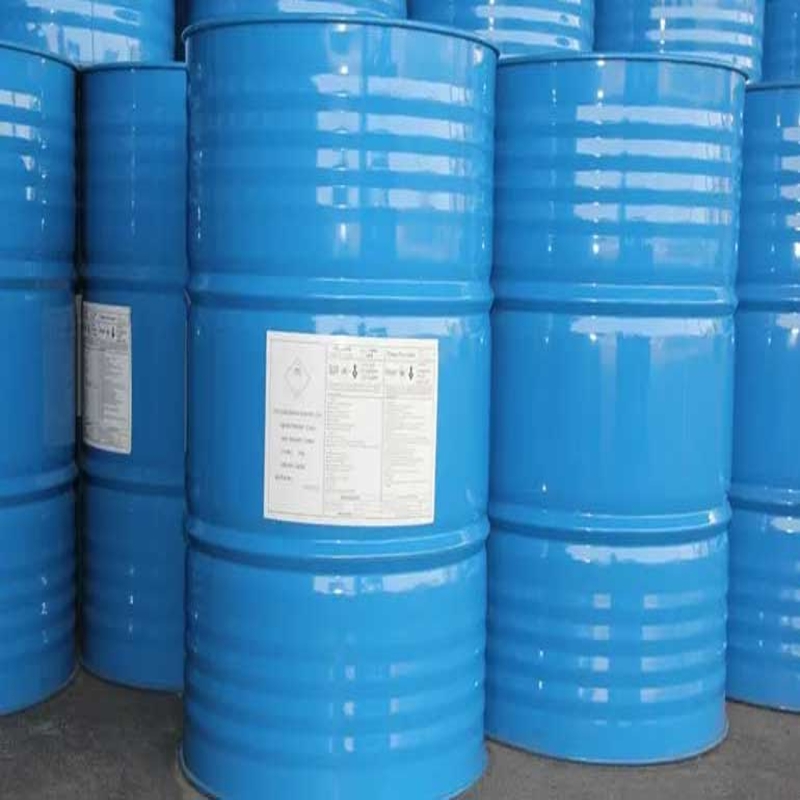-
Categories
-
Pharmaceutical Intermediates
-
Active Pharmaceutical Ingredients
-
Food Additives
- Industrial Coatings
- Agrochemicals
- Dyes and Pigments
- Surfactant
- Flavors and Fragrances
- Chemical Reagents
- Catalyst and Auxiliary
- Natural Products
- Inorganic Chemistry
-
Organic Chemistry
-
Biochemical Engineering
- Analytical Chemistry
-
Cosmetic Ingredient
- Water Treatment Chemical
-
Pharmaceutical Intermediates
Promotion
ECHEMI Mall
Wholesale
Weekly Price
Exhibition
News
-
Trade Service
New battery safety materials prevent thermal runaway
Recently, LG Chem announced that it has developed flame-retardant engineering plastics
that prevent serious fires caused by battery thermal runaway using its own technology and manufacturing process.
It is understood that thermal runaway is a phenomenon caused by multiple factors that increase the pressure and temperature of the battery cell, and is also the main cause of
the fire of lithium-ion batteries.
When overvoltage, overdischarge and other problems cause a short circuit and cause the internal temperature of the battery to rise to a certain level, it will cause a fire
.
The special flame retardant material developed by LG Chem is a high-performance engineering plastic material
made of a mixture of polyphenylene ether (PPO), polyamide (PA), and polybutylene terephthalate (PBT).
The material is resistant to high temperatures and, when applied to EV battery pack housings, has longer insulation time, better dimensional stability and no deformation
when temperature changes when applied to EV battery housings.
The test results show that when the battery fires caused by thermal runaway, even if the temperature is as high as 1000 °C, the flame diffusion can be delayed by more than 400 seconds, and the flame retardant performance is more than 45 times higher than
that of ordinary flame retardant plastics.
LG Chem said that the company has completed the construction of the mass production system of the material, and plans to start full-scale production
from 2023 according to customer needs.
At the same time, LG Chem is filing patent applications in Korea, the U.
S.
, and Europe, and plans to expand the range of applications of the materials to other fields
such as automobiles, starting with the supply of battery pack housings.







